Here I have a better approach to deal with this. As Heroku Doesn't provide SSL for Free Plan.
But You can use Cloudflare which gives free SSL.
You can Use Cloudflare As Bridge For SSL.
Requirement:
- Cloudflare Account
- Your Application should not have inbuild SSL redirection (like redirect-ssl)
Otherwise, This will result in Too Many Redirect Error
Step 1: Point Your domain to CloudFlare. You basically open an account an enter your domain when prompted. You may be given instructions to change your domain name servers.
Step 2: Add Cname Record of Heroku Server in DNS of Cloudflare. Instructions are here
Here You will get Some SSL Security Issue.
Step 3: Now Change Your SSL/TLS encryption mode to Flexible (Not Full). *Important

Now Understand the Working:-
Client(Browser) Make Request to https://example.com
First, the request reaches the Cloudflare with SSL. (User see encrypted connection to the server.)
Then Cloudflare makes request to Heroku Server(Origin) with Non-SSL (Non-Https and Unencrypted).
Then Heroku Server (Origin) returns the Response with Non-SSL to Cloudflare.
At the end Cloudflare forward the request to Client (Browser.)
You might think, What is the benefit of just encrypting half system.
but "Something is better then nothing".
You are here because you don't want to spent money on heroku paid dynos.
This method is better for those who is using http. Atleast it protects the most vulnerable side (client side). Where most of the attack happen. There is very less chances of attack between cloudflare and your server. Because of network reach.
Having less vulnerable probability is better then 100% vulnerable system
I have tested this method and working on https://www.auedbaki.com

